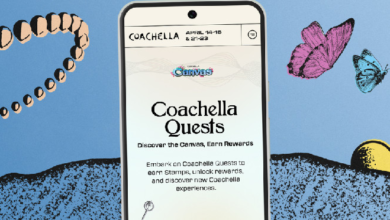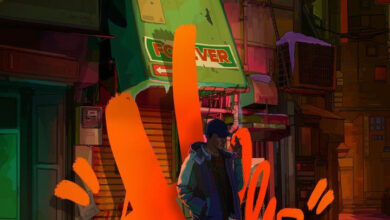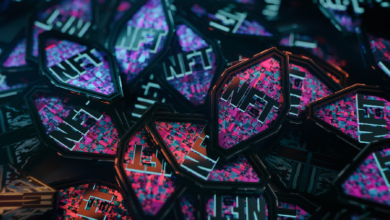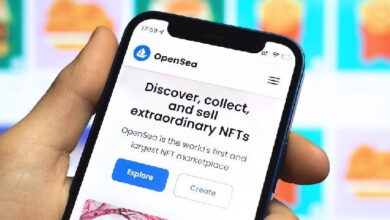Web3 creators at higher a loss for royalties than anticipated: data

NFT
The nonfungible token (NFT) space has been a proven gateway for helping users take their first steps into the Web3 space. This is particularly true when it comes to artists and creators using Web3 tools to enhance their work.
However, new data from eBit Labs and LiveArt marketplace reveals that the loss of creator royalties over the past year in the NFT space could be higher than estimated.
According to the data, after the emergence of the Blur marketplace in October 2022, two of the leading NFT collections – Bored Ape Yacht Club (BAYC) and Mutant Ape Yacht Club (MAYC) – experienced shortcomings in royalties of around $20 million alone
The new data involving BAYC and MAYC shortcomings then points to previous estimates of $35 million in royalty shortcomings likely being too small.
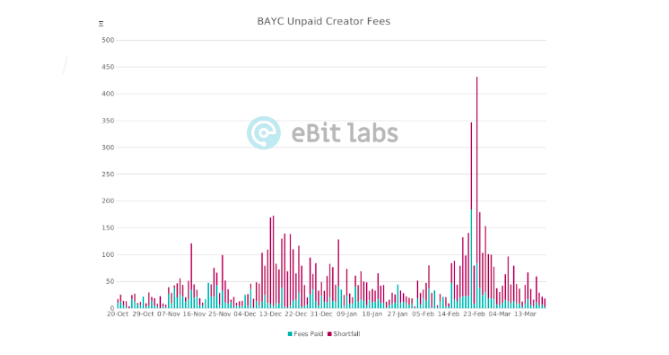
Figure 1: Fees paid vs shortfall for the Bored Ape Yacht Club NFT collection. Source: eBit Labs
Creator royalties have been a big topic of discussion in the NFT space. After briefly halting creator royalties and then receiving severe community backlash, the OpenSea marketplace said it would enforce creator royalties on all listed collections.
Back in November 2022, the founders of BAYC proposed a new model for NFT creator royalties, which would keep NFT transfers between wallets free.
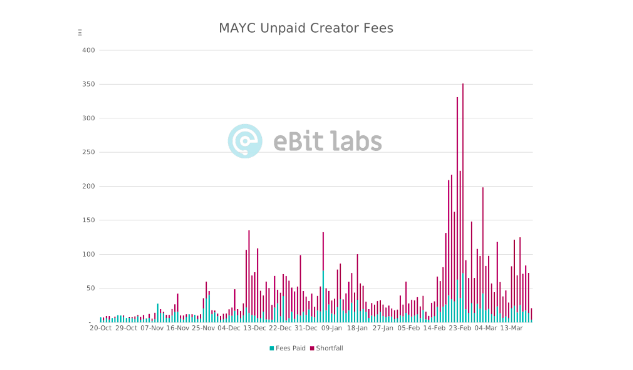
Figure 2: Fees paid vs shortfall for the Mutant Ape Yacht Club NFT collection. Souce: eBit Labs
Back in September of 2022, MagicEden, another prominent NFT marketplace, defended its own NFT royalty enforcement tool. The tool gives creators the ability to flag an NFT or blur the image if the listing or trade bypasses royalty rules.
Related: 74% of survey participants say they buy NFTs for status
Nonetheless, Boris Pevzner, the co-founder and CEO of LiveArt, said that despite the Web3 ecosystem touting itself as a “creator-centric space,” the new data shows reality falling short of this promise.
“The shortfall in royalties clearly indicates that the current system is not working as it should.”
Pevzner continued to say that if NFT marketplace wars repel artists from wanting to participate in the industry, “the space will lose its creative spirit and become more like the stock market.”
The marketplace wars Pevzner refers to primarily reference the entrance of the Blur marketplace onto the scene, which has targeted OpenSea’s market share.
Magazine: 4 out of 10 NFT sales are fake: Learn to spot the signs of wash trading


